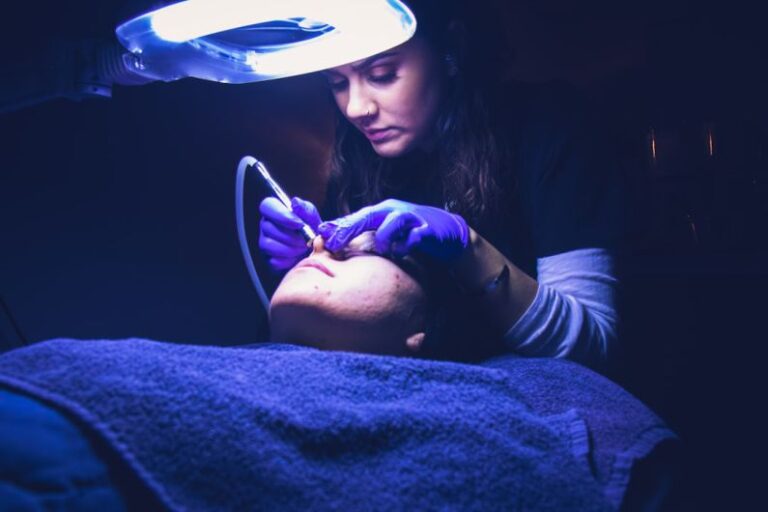What Are the Different Types of Facial Masks?
Facial masks have become an essential part of skincare routines for many people, offering a variety of benefits for different skin types and concerns. From hydrating to exfoliating, there are numerous types of facial masks available on the market to address various skin needs. Understanding the different types of facial masks can help you choose the right one for your skin and achieve the desired results.
Sheet Masks
Sheet masks have gained popularity in recent years due to their convenience and effectiveness. These masks are typically made of a thin, face-shaped sheet soaked in a concentrated serum or essence. Sheet masks are easy to use and are designed to deliver hydration and nourishment to the skin. They are perfect for a quick pampering session or as a travel-friendly skincare option.
Clay Masks
Clay masks are excellent for deep cleansing and detoxifying the skin. They are formulated with different types of clay, such as kaolin or bentonite, which help to absorb excess oil and impurities from the skin. Clay masks are ideal for oily and acne-prone skin types, as they can help to unclog pores and reduce the appearance of blemishes. These masks can leave the skin feeling refreshed and mattified.
Hydrating Masks
Hydrating masks are perfect for dry or dehydrated skin in need of a moisture boost. These masks are infused with ingredients like hyaluronic acid, glycerin, and plant oils to replenish and hydrate the skin. Hydrating masks help to restore the skin’s natural moisture balance, leaving it soft, smooth, and plump. They are great for soothing and revitalizing tired or dull-looking skin.
Exfoliating Masks
Exfoliating masks are designed to remove dead skin cells and promote cell turnover, revealing smoother and brighter skin. These masks often contain ingredients like alpha hydroxy acids (AHAs), beta hydroxy acids (BHAs), or enzymes that help to gently exfoliate the skin. Exfoliating masks can improve the texture of the skin, reduce the appearance of fine lines and wrinkles, and enhance the effectiveness of other skincare products.
Gel Masks
Gel masks are lightweight and cooling masks that are perfect for soothing and calming the skin. These masks are typically water-based and contain hydrating ingredients like aloe vera or cucumber extract. Gel masks are ideal for sensitive or irritated skin, as they can help to reduce redness and inflammation. They are also great for refreshing and rejuvenating the skin, especially during hot weather or after sun exposure.
Peel-Off Masks
Peel-off masks are fun and satisfying to use, as they create a peelable layer on the skin that can be removed in one piece. These masks often contain ingredients like charcoal or clay that help to unclog pores and remove impurities. Peel-off masks can help to refine the skin’s texture, minimize the appearance of pores, and improve overall skin tone. However, it is essential to be gentle when peeling off these masks to avoid irritation.
Cream Masks
Cream masks are rich and nourishing masks that provide intense hydration and moisture to the skin. These masks are formulated with emollient ingredients like shea butter, jojoba oil, or ceramides that help to replenish the skin’s lipid barrier and prevent moisture loss. Cream masks are excellent for dry or mature skin types in need of extra nourishment and comfort. They can leave the skin feeling soft, supple, and deeply hydrated.
In conclusion, incorporating facial masks into your skincare routine can help to address specific skin concerns and improve the overall health and appearance of your skin. Whether you are looking to hydrate, exfoliate, or detoxify your skin, there is a type of facial mask that can meet your needs. Experimenting with different types of facial masks can help you find the perfect match for your skin and achieve a glowing complexion.






